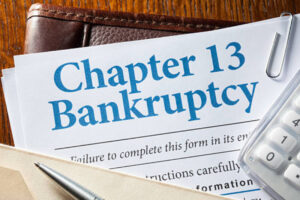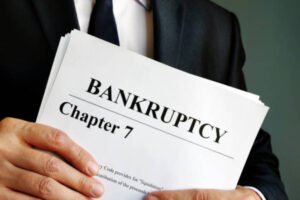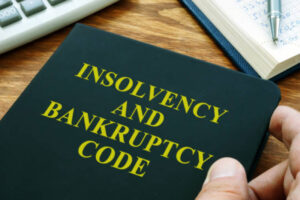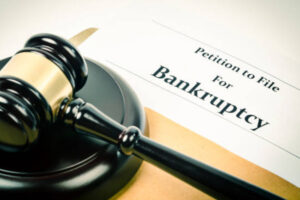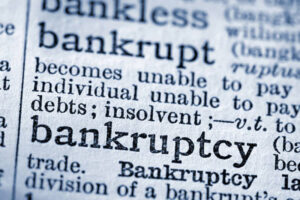Did you know that the amount of time a bankruptcy stays on your credit report depends on the type of bankruptcy you file?
Chapter 7 bankruptcy, for example, has a three-year stay on your report, and a discharge period of seven years.
A Chapter 13 bankruptcy stays on your report for 10 years. However, you’ll still have some negative entries, even after 10 years.
The difference between the two is due to the fact that chapter 7 bankruptcy has a longer waiting period than chapter 13 bankruptcy.
While bankruptcy is often a choice for consumers in the face of mounting debt, it’s important to remember that it has long-term consequences.
If you’ve filed for bankruptcy, make sure to learn from your mistakes and focus on building a better life. Bankruptcy will eventually disappear from your credit report, but the habits you develop in the interim will determine how long the mark will remain on your credit report.
If your debts were discharged, they should be listed as discharged on your report. If not, then you should contact the credit bureaus and ask them to fix the information.
Once the bankruptcy is removed, you can start rebuilding your credit score.
You should always carefully check your credit report after filing for bankruptcy.
Keep in mind that bankruptcy can limit future opportunities by making it difficult to obtain a new line of credit or a loan.
If you file for Chapter 13 bankruptcy, you can organize your debts during the time before your discharge date. The majority of your accounts will automatically be removed from your credit report.
If you declared bankruptcy while you were in arrears on your previous debts, the bankruptcy should be removed from your credit report sooner than seven years.
Remember that once your bankruptcy status is recorded in your credit history, anyone who pulls your credit report will be able to learn about it.
Employers will not inquire about your bankruptcy history, but credit providers will.
The impact of bankruptcy on your credit score is determined by a number of factors. This includes the amount of debt discharged in the filing and the number of accounts removed from your credit report.
During that time, your credit score will remain low for several years, making it difficult for you to obtain additional credit. If you have a history of nonpayment, your creditors will be wary of lending to you.
If you intend to rebuild your credit after a bankruptcy, make sure to keep up with payments.
Use your credit card only for purchases that you can pay off. If you do have an outstanding balance, you can dispute the debt information.
You can improve your credit score by sticking to a monthly budget and making on-time payments.
Make a budget and stick to it to avoid overspending. Establish an emergency fund that can cover three to six months of expenses.
If you stick to these steps, you should be able to improve your credit score over time.


